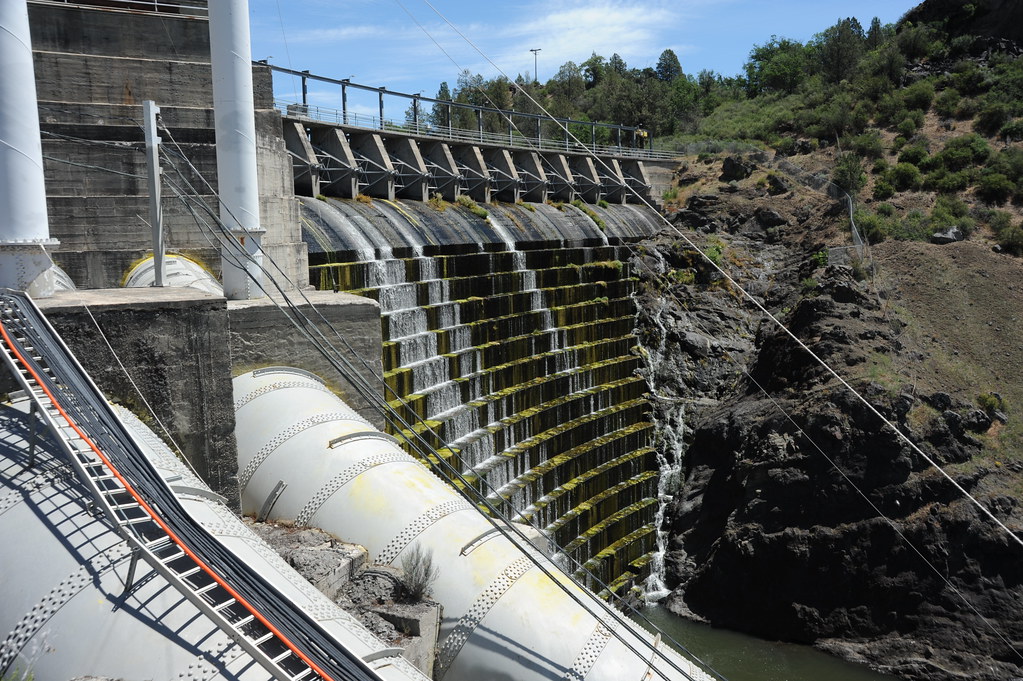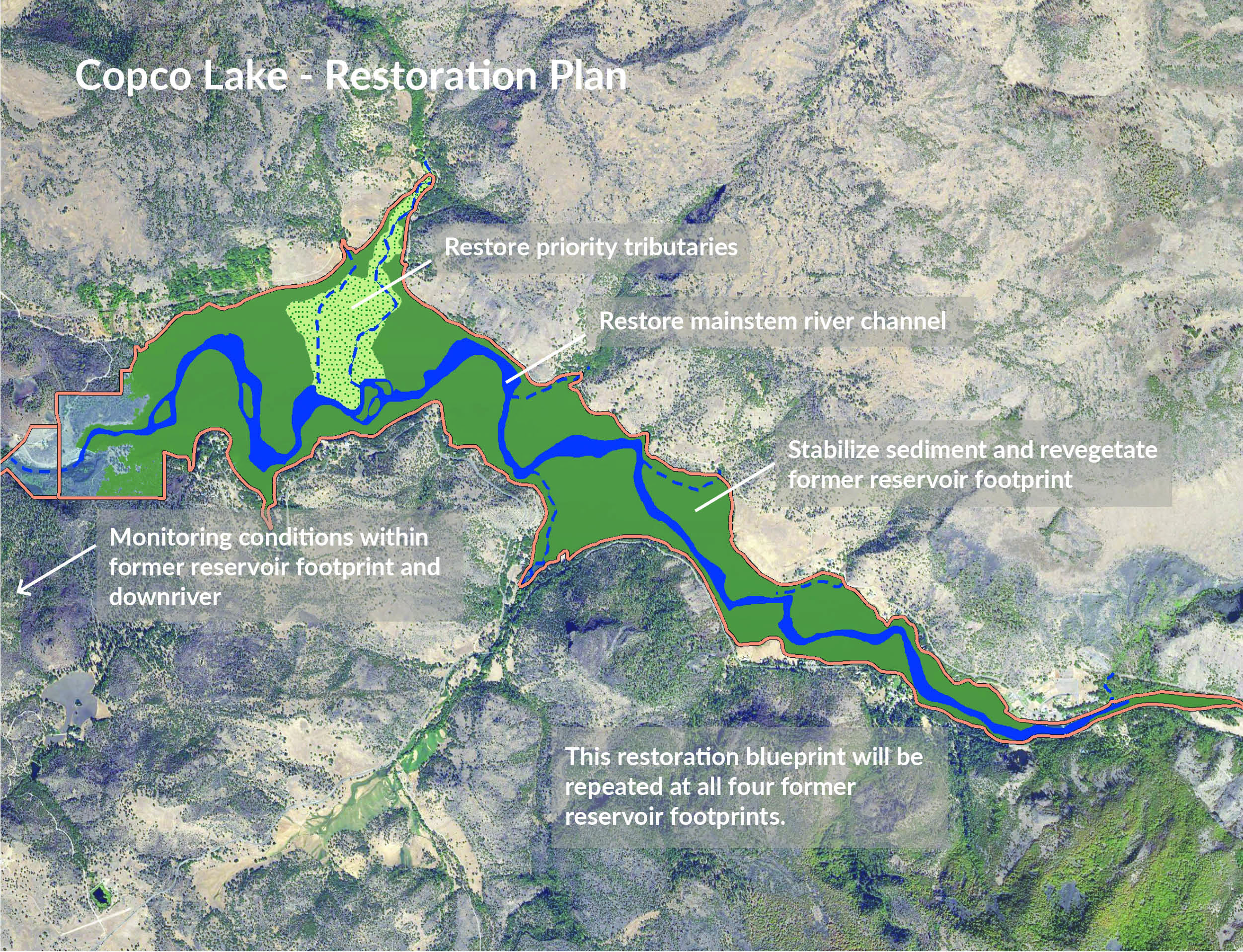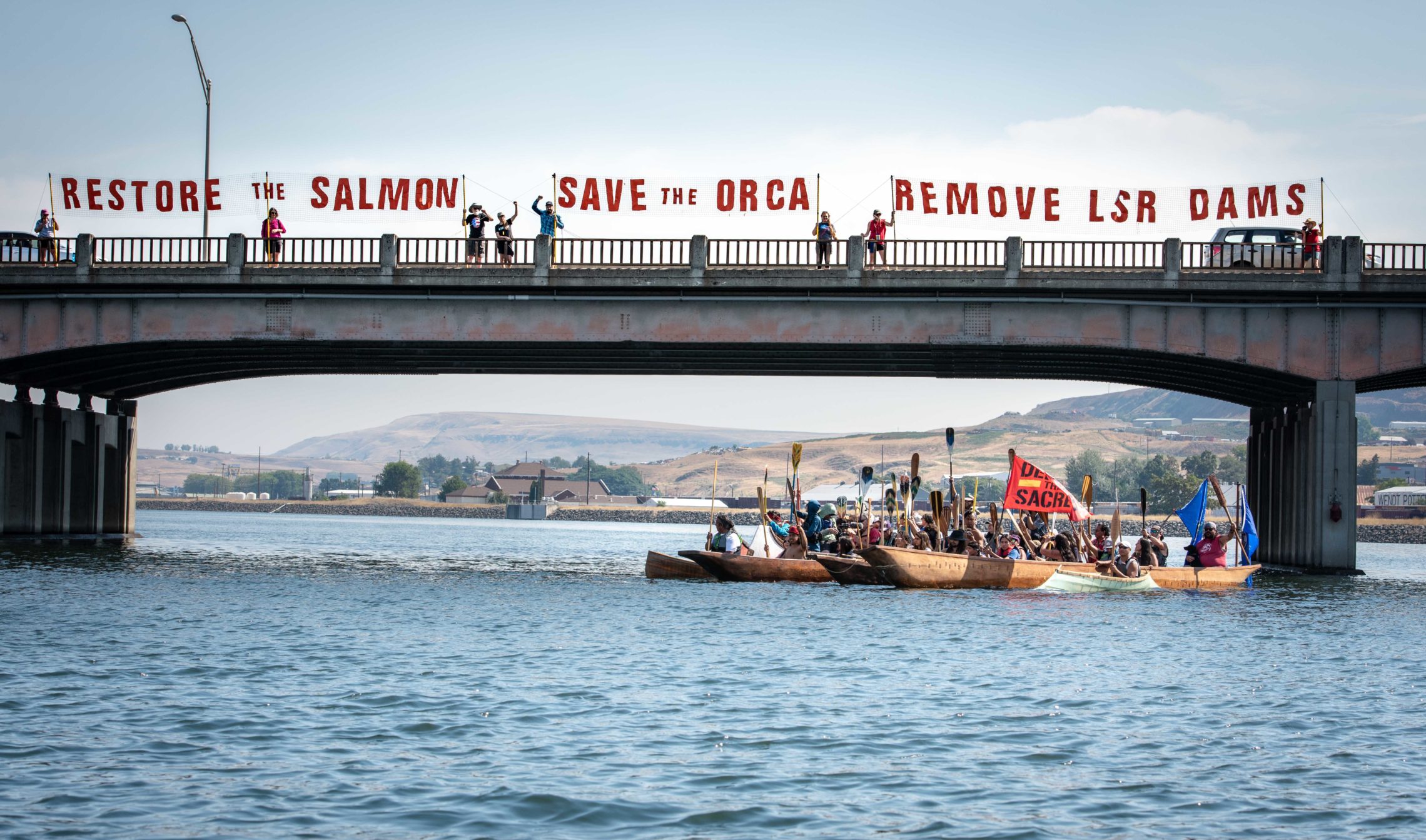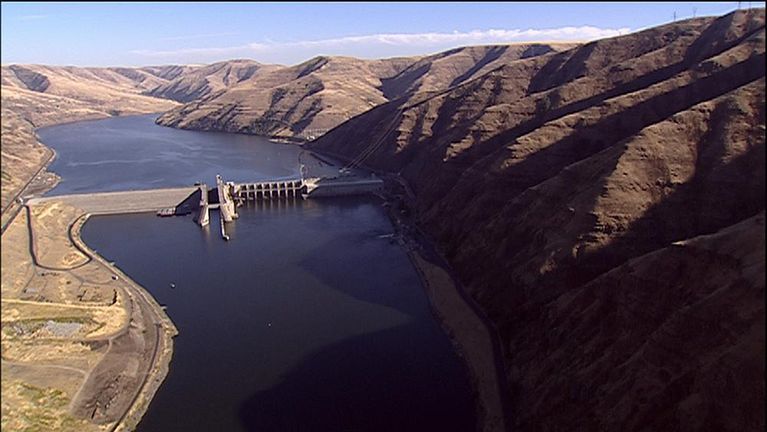Klamath River Restoration Project

The Klamath River and its tributaries were once home to the third-largest salmon
population in the West. But four aging hydroelectric dams,
some a century old, cut off access to more than 400 stream miles of historical anadromous fish habitat.
Fall Chinook Salmon numbers have plummeted more than
90 percent from their pre-dam numbers, and the Spring Chinook run is only a memory. Extinction of some
remaining fish populations is a very real threat.
But a big change is coming. The Klamath dams are scheduled to be removed in 2023 and 2024. RES
(Resource Environmental Solutions, LLC) is leading a massive restoration effort integral to what will
be the largest dam removal and river renewal project in US history - a task vital to the future of
several imperiled salmon populations. When we finish our work,
salmon and steelhead will once again have access to not only the Klamath, but also tributaries,
including the Sprague, Williamson, and Wood Rivers of southern Oregon.

Snake River Dam Removals

The Snake River spans the borders of Washington, Oregon, Idaho, and Wyoming. It flows into the Columbia River, making the Snake the largest tributary of the Columbia. Between the 1960s and the 1970s, four dams were built along the Snake River in Washington State. These four dams—Ice Harbor, Lower Monumental, Little Goose, and Lower Granite—are managed by the Army Corps of Engineers Walla Walla District. While the dams were advertised as a source of cheap and clean electricity, community members and scientists alike insisted that these dams would negatively impact the local and regional environment and culture. Decades later, these concerns persist, and the call for removing the Lower Snake River Dams grows.
